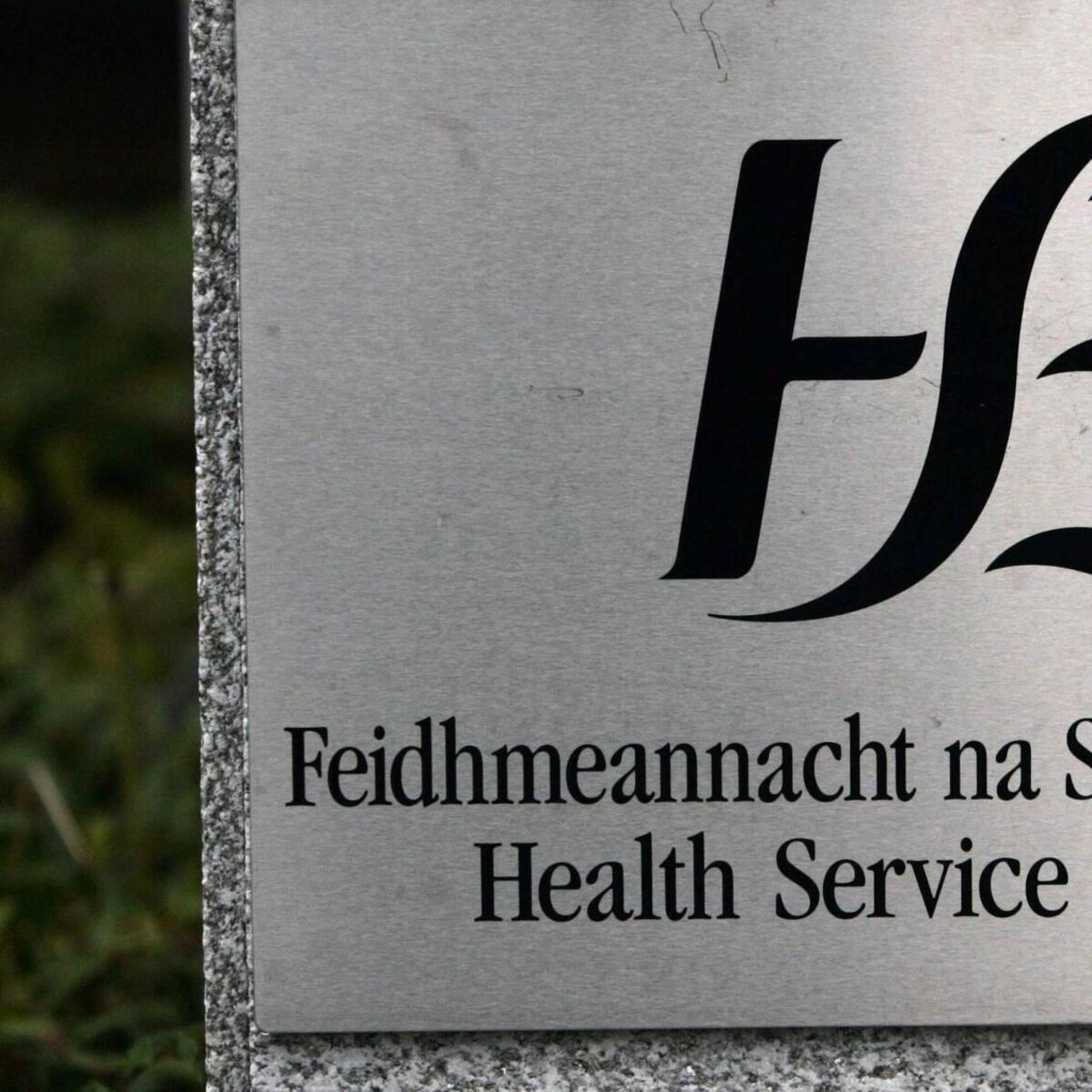By Cianan Brennan Irishexaminer.com
Often the work is done by the HSE’s own staff working at premium rates outside their own standard hours.
The three were paid, respectively, €54.6m, €10.3m, and €6m in just 27 months.
While it was divulged at the Oireachtas Health Committee earlier this week by HSE CEO Bernard Gloster that €1.1bn had been spent since 2023 on both insourcing and outsourcing activity, the new figures show who the top 200 vendors were for the first time.
Private hospital group Bon Secours tops the list in terms of vendor remuneration with more than €98m spent on its services over the past two years.
Sinn Féin spokesperson on health David Cullinane described the new figures as “staggering” and said that insourcing now presents the “same risks” as outsourcing, which he said had grown into a “major dependency” for the HSE.
“The CEO of the HSE has acknowledged that insourcing was intended as a temporary measure for waiting list initiatives. It has since become more ingrained and is now supplementing core activity,” Mr Cullinane said, adding that the practice raises questions regarding potential conflicts of interest.
“We had hoped that we would see a reduction in outsourcing and insourcing with the new public-only consultant contract, but this has not happened. Instead, it has only continued to grow,” he said.
Earlier this month the NTPF, which is primarily charged with funding the reduction of waiting lists, suspended the insourcing funding for Beaumont Hospital in Dublin on the back of “potential financial irregularities”.
Funding was also suspended at Naas General Hospital, and separately at Children’s Health Ireland (CHI) after it emerged that a consultant had been referring patients to his own weekend clinics, though the CHI funding was subsequently restored.
Mr Gloster earlier this week claimed that funding for insourcing across the HSE will likely be phased out by the end of June 30 next year, adding that were the payments to be ended overnight, a number of core services could collapse instantly.
